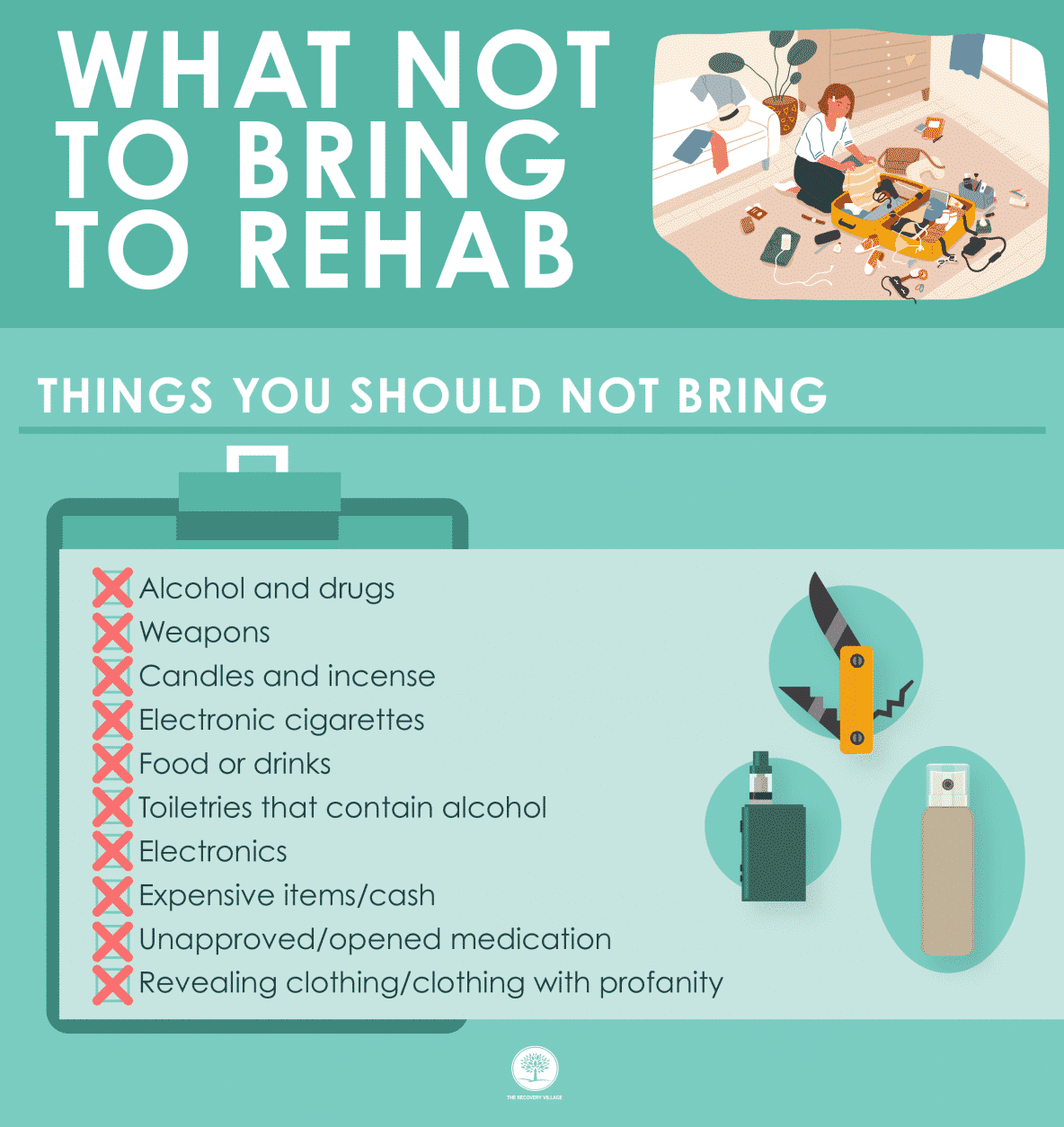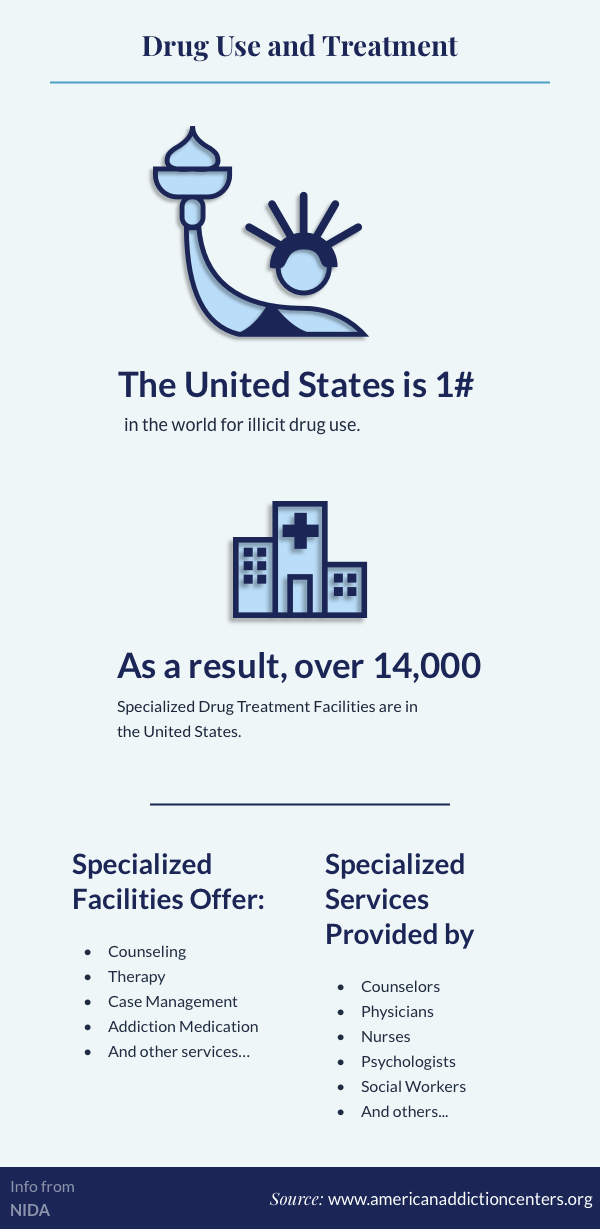Drug Rehabilitation Fundamentals Explained
Drug Rehabilitation Fundamentals Explained
Blog Article
Some Known Details About Drug Rehabilitation
Table of Contents3 Simple Techniques For Drug Rehabilitation5 Easy Facts About Drug Rehabilitation ShownThe Ultimate Guide To Drug RehabilitationDrug Rehabilitation Things To Know Before You Get ThisExamine This Report on Drug Rehabilitation
This involves resolving the entire person to guarantee that all of the underlying causes and effects of the dependency are correctly looked after and corrected. This provides individuals the devices they need for a complete return to a happy, healthy and balanced, substance-free life. Drug dependency "therapy" is a little bit of a misleading term it suggests that people with addictions are "all better" after they have actually obtained some kind of treatment.Also individuals with years of successful healing should stay mindful of their capacity for relapse, and they need to use the devices they learned in therapy to stop it. Words "rehab" likewise implies that somebody is being dealt with after misbehaving, which is constant with society's preconception concerning addiction. Drug Rehabilitation. Part of the recuperation procedure is for individuals with dependencies, and their family members, to learn that dependency refers biology and not morality
Transitioning from physical and mental dependency to a healthy and balanced and delighted way of living is a large adjustment. It is essential that the actions to medication rehab be effectively resolved during the drug rehab procedure. There are 4 stages of addiction recovery: Dependency analysis is an especially vital part of the rehabilitation procedure.
This is part of the underlying psychology of addiction, and it enhanced by concerns of apprehension for property and judgment from family and friends. The analysis procedure requires acquiring trust fund and appearing that deceptive nature. The individual demands to identify which substances were used and the level of their material use.
About Drug Rehabilitation

For numerous people with dependencies, fear of withdrawal is a major obstacle to escaping their dependency, and that concern maintains them from even attempting. Withdrawal and drug detoxification do not have to be a terrible experience.
This is where the underlying causes of dependency are attended to. For many people with compound dependency, their substance use is no more concerning obtaining high. Rather, it became a recurring, day-to-day procedure of preventing withdrawal signs and symptoms and escaping from their fact. Drug rehabilitation is the process where the deep concerns around the addiction are determined and dealt with.
Not known Details About Drug Rehabilitation
Instead, it can be stated that rehabilitation is the process of discovery, while what occurs afterward is recuperation. The addicted mind typically begins to believe particularly after an amount of time in abstaining that it is OK to try drinking or utilizing substances again. This seldom functions, and the substantial majority of people who try alcohol try this web-site consumption or utilizing medicines again will swiftly finish up where they were before.

Sober living houses are a particularly effective strategy to aftercare when an individual is discharged from rehabilitation. People and their households ought to go over these alternatives with their counselors while still in rehab. There are various sorts of therapy for dependency, based on the degree of care offered. When picking the degree of therapy, the choice must be based on what will provide the specific the finest opportunity of success in recovery not on what the specific desires to do.
This is a poor combination, as it propels lots of people to think that they can quit utilizing medications or alcohol consumption on their very own. They might be hesitant to see and confess that they need a greater description level of treatment, such as inpatient rehabilitation. Cleansing from a material is not the exact same as therapy for compound dependency.
Rumored Buzz on Drug Rehabilitation
During the process of medication detoxification, people's minds are muddled and they feel physically and psychologically unwell. They are not receptive to any kind of therapy or treatment till their minds clear and they are really feeling far better. Despite the fact that clinical detoxification makes the process a lot simpler, it is best to initial concentrate on surviving the whole detoxification procedure prior to taking more steps.
Like inpatient treatment, property therapy supplies the healing result of getting rid of individuals from their useless way of living and setting and positioning them in secure, healthy surroundings. This allows them to reorient their lives and assumed procedures while focusing on distraction-free recuperation.
People receive therapeutic solutions on-site during the day, however go home or to a sober living facility at night. The strength of the daytime treatment will certainly depend on individual requirements and the programs readily available at the outpatient center. Most people with severe dependency will likely have far better end results in inpatient treatment and rehabilitation.
Drug Rehabilitation for Beginners
Long-lasting household therapy programs often utilize a restorative method called the restorative neighborhood (TC). This is a method to re-socializing people whose addiction has More about the author seriously affected their capability to match society. These consist of individuals with severe criminal habits, people who are homeless, adolescents and individuals with significant mental health and wellness disorders.
Report this page